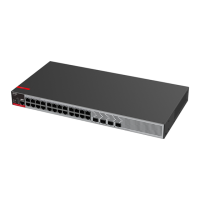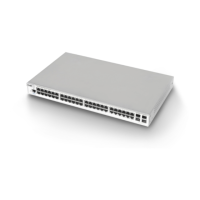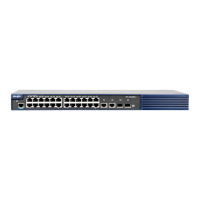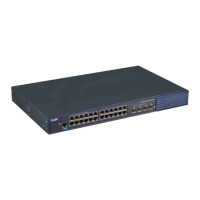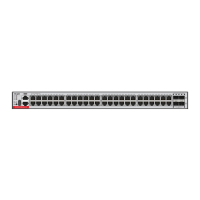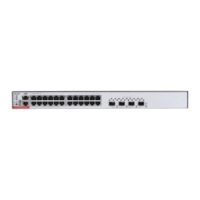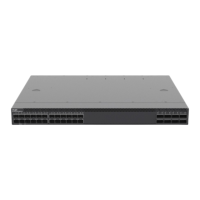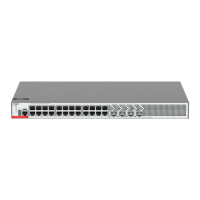Command Reference LLDP Commands
11 LLDP Commands
11.1 { voice | voice-signaling } vlan
Use this command to configure the LLDP network policy. Use the no form of this command to delete
the policy.
{ voice | voice-signaling } vlan { { vlan-id [ cos cvalue | dscp dvalue ] } | { dot1p [ cos cvalue | dscp
dvalue ] } | none | untagged }
no { voice | voice-signaling } vlan
Voice-signaling application
(Optional) VLAN ID of voice flow. The value ranges from 1 to 4094.
(Optional) Class of service
(Optional) CoS of the configured voice flow. The value ranges from 0
to 7, and the default value is 5.
(Optional) Differentiated services code point
(Optional) DSCP value of the configured voice flow. The value
ranges from 0 to 63. The default value is 46.
(Optional) 802.1p priority tagging. The tag frame includes
user_priority and vlan id is 0.
(Optional) The network policy is not advertised. VoIP determines the
network policy based on its configuration.
(Optional) The untag frame is sent in the voice vlan in VoIP. In this
case, the value of vlan id and cos are ignored.
LLDP network policy configuration mode
In the LLDP network policy configuration mode, configure the LLDP network policy.
Voice indicates the voice data type, and voice-signaling indicates the voice signal type.
If a device connects to an IP phone and the IP phone supports LLDP-MED, the network policy TLV
can be configured to deliver policies to the IP phone, so that the IP phone changes the voice stream
tag and QoS.Excluding the preceding policy, the following operations need to be performed on the
device:
1. Enable the voice VLAN function and add the port connected to the IP phone to the voice VLAN in
static mode.
2. Configure the port connected to the IP phone to a QoS trusted port. (It is recommended to use the
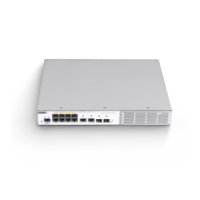
